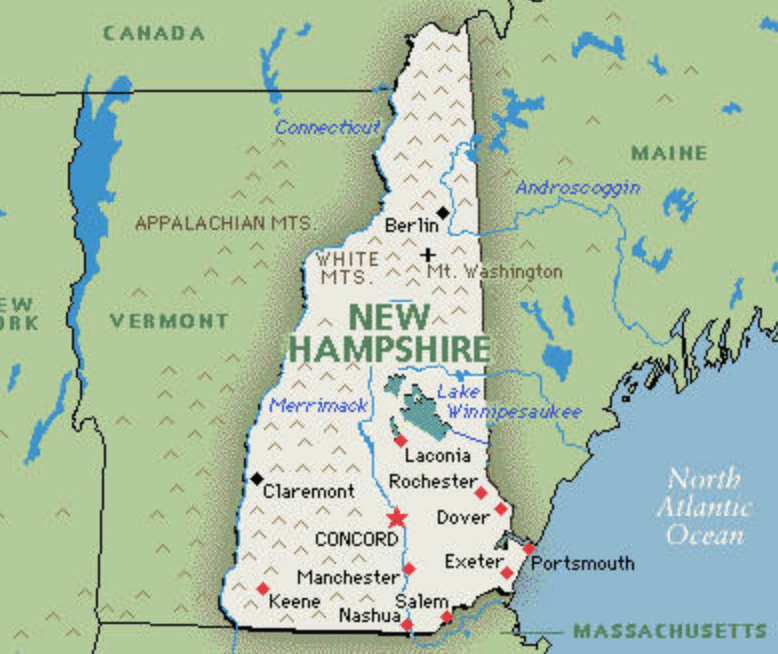
During the hearing at Keene State College, Hassan spoke about the concerning statistics that, “twenty-five percent of Cheshire County residents are unserved or underserved when it comes to broadband access” and discussed the homes and businesses that rely on the internet for their jobs or livelihood.
According to Grant Spellmeyer, vice president of federal affairs and public policy for U.S. Cellular, “I think the biggest challenge of the arrival of 5G in rural America is the significant need for new towers – 5, 10, 15-fold over what exists today. You are going to need a whole lot more towers to deliver 5G or the rural-urban divide is only going to get worse.” The federal government recognizes the need in Cheshire County and “is supporting the expansion of broadband to 2,145 locations with $566,000 in federal funds,” said Michael Reed, state president of Consolidated Communications.
“For people in our state, a lack of affordable access to broadband continues to be a real and serious challenge as some of these comments and testimony reflect,” said Hassan. Representatives from broadband and cellular providers including Reed and Spellmeyer commented on the impact 5G will have on rural communities.
Even the FCC is concerned about lack of service in rural areas. Commissioner Jessica Rosenworcel said she “is deeply concerned about the impact the lack of internet access has on students living in rural America.” According to Rosenworcel, “The homework gap is real,” affecting 12 million children across the country who often must seek out free WiFi in fast foods restaurants to do their homework. She said she would like to see school buses in rural areas wired with WiFi, since children in rural areas spend much more of their day riding to and from school.
Additionally, Sequoya Technology Group president and co-owner Tom S. Strickland said federal law requires that rural areas have equal access to the internet and added it is time the internet is treated like television and electricity. “It was a luxury for a long time, but it isn’t anymore. There are people who have broadband that don’t have a copper phone line,” Strickland said. “I think the time has come to treat this like the utility that it is.”
Public testimony on rural broadband will continue to be accepted in writing for the next two weeks.
October 17, 2017




Reader Interactions